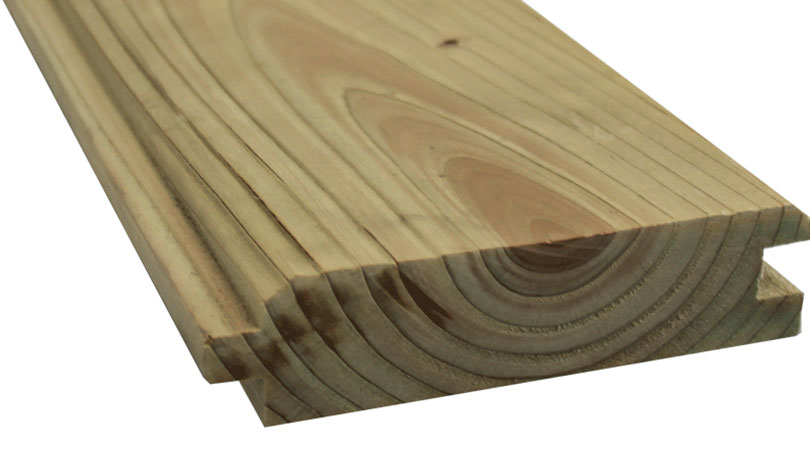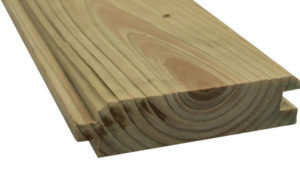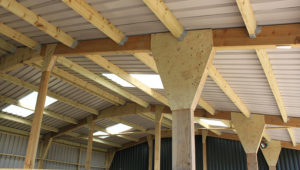
07 Sep Enhancing Farming with Agricultural Timbers – Brookridge Timber, Your Local South West Supplier
In the picturesque landscapes of the South West, where farming is not just a livelihood but a way of life, the importance of reliable agricultural timbers cannot be overstated. At Brookridge Timber, we understand the unique needs of farmers and the vital role that high-quality agricultural timber plays in supporting their operations. Let’s delve into what agricultural timbers are, the different types available, and the benefits of having a leading South West agricultural timber supplier nearby.
What Are Agricultural Timbers?
Agricultural timbers, also known as farm timbers, are wooden materials specifically chosen and treated for use in agricultural and farming applications. These timbers serve various purposes on the farm, from building structures to creating enclosures, providing livestock housing, and constructing equipment.
Types of Agricultural Timbers
- Stockwalling – Stockwalling, often referred to as Dungwalling or Dungboarding, is a robust tongue and groove softwood board that interlocks to create strong walls. These walls are ideal for cattle and other livestock buildings. The interlocking design prevents drafts while allowing for natural moisture regulation within the structures.
- Posts – Agricultural timber posts are essential for fencing, creating boundaries, and supporting various structures on the farm. These posts need to be sturdy and durable to withstand outdoor conditions and provide long-lasting performance.
- Boarding – Agricultural boarding, sometimes known as Yorkshire Boarding, is typically made from various timber sizes, including 22mm x 100mm and 22mm x 150mm. These boards are used to create partitions, enclosures, and other farm structures. They can be fitted with gaps for airflow or board-on-board for a closed structure.
- Purlins – Purlins are horizontal structural timbers used in the roof construction of many agricultural and farm buildings. They play a critical role in supporting the roof and ensuring structural integrity.

The Benefits of a Local South West Agricultural Timber Supplier
- Proximity and Accessibility – Having a local agricultural timber supplier like Brookridge Timber nearby means quick access to the materials you need. Reduced transportation times also help you save on costs and get your projects underway sooner.
- Tailored Solutions – A local timber supplier understands the specific needs of the South West region and can provide timber solutions tailored to the local climate and environmental conditions. This ensures that the timbers are well-suited to withstand the unique challenges faced by South West farmers.
- Knowledge and Expertise – Local suppliers often have extensive knowledge of the local agricultural industry and can provide expert advice on timber selection, treatment, and application. They can help you make informed decisions that align with your farming goals.
- Reliability – Local suppliers are invested in their communities and prioritize customer satisfaction. They are more likely to provide reliable, consistent service and build long-term relationships with their customers.
- Sustainability – South West agricultural timber suppliers like Brookridge Timber are committed to sustainability. They source timber from responsible and environmentally friendly sources, ensuring that you can support sustainable farming practices.

Agricultural Timbers In The South West – Brookridge Timber
In conclusion, agricultural timbers are the backbone of farming operations in the South West, serving a wide range of essential functions. Having a reliable and local South West agricultural timber supplier like Brookridge Timber ensures that you have access to high-quality materials, expert guidance, and the support needed to enhance your farming endeavors. Trust in the expertise and commitment of a local supplier to meet your agricultural timber needs effectively and sustainably.


No Comments